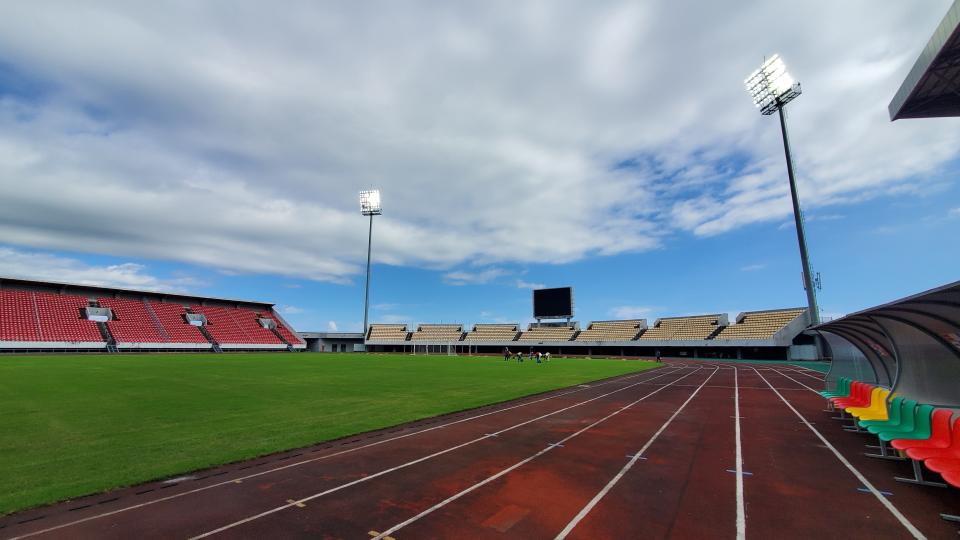Sport and security programme

The security governance component of the Programme recognizes the need to protect major sporting events as a common good of the international community, taking the opportunity to promote dialogue across nations. This workstream of the Programme has been designed to:
- Analyze, develop, and promote advanced policies and practices to enhance the Security of Major Sporting Events.
- Gather, develop, and disseminate international, regional and national guidelines, models and good practices to identify and counter threats against vulnerable targets in the context of major sporting events.
- Maintain a global network of National Focal Points (NFPs) and International Experts, while convening regional fora and expert groups to enhance the exchange of information, good practices and experiences.
- Upon request, and in cooperation with the concerned sport federations and organising committees, provide tailored technical assistance to Member States to support the security governances of sport events.
To date, beneficiaries include:
- Cameroon, host of the Total Energies African Cup of Football in 2022
- Costa Rica, host of the 2022 FIFA U-20 Women’s World Cup
- Chile, host of the Pan American and Parapan American Games in 2023
- Ghana, host of the XIII African Games in 2024
- Cote d’Ivoire, host of the Total Energies African Cup of Football in 2024
- Maldives, candidate to host the Asian Swimming Olympics in 2025
- Mexico, co-host of the FIFA World Cup 2026
In 2021 during the 7th review of the Global CT Strategy conducted by the UN General Assembly, the Programme launched the Global Guide on the Security of Major Sporting Events: Promoting Sustainable Security & Legacies. Available in all UN languages, it assists Member States in the major sporting event security planning and provides a digital map of upcoming major sporting events.
Substantive cooperation to develop the Guide and the Programme’s capacity-building is supported by the International Federation of Football Association (FIFA), the Confederation of African Football (CAF), the Union of European Football Associations (UEFA), the Confederation of North, Central America and Caribbean Association Football (CONCACAF), the International Olympic Committee (IOC), INTERPOL, the Council of Europe, the Asian Football Confederation (AFC), the International Cricket Council (ICC), the Caribbean Community Implementation Agency for Crime and Security (CARICOM IMPACS), among others. The Programme strategically cooperates with other UN entities, including the UN Department of Economic and Social Affairs (UNDESA), United Nations Educational, Scientific and Cultural Organization (UNESCO), United Nations Office on Drugs and Crime (UNODC), United Nations Office for West Africa and the Sahel (UNOWAS), as part of a One-UN approach.



